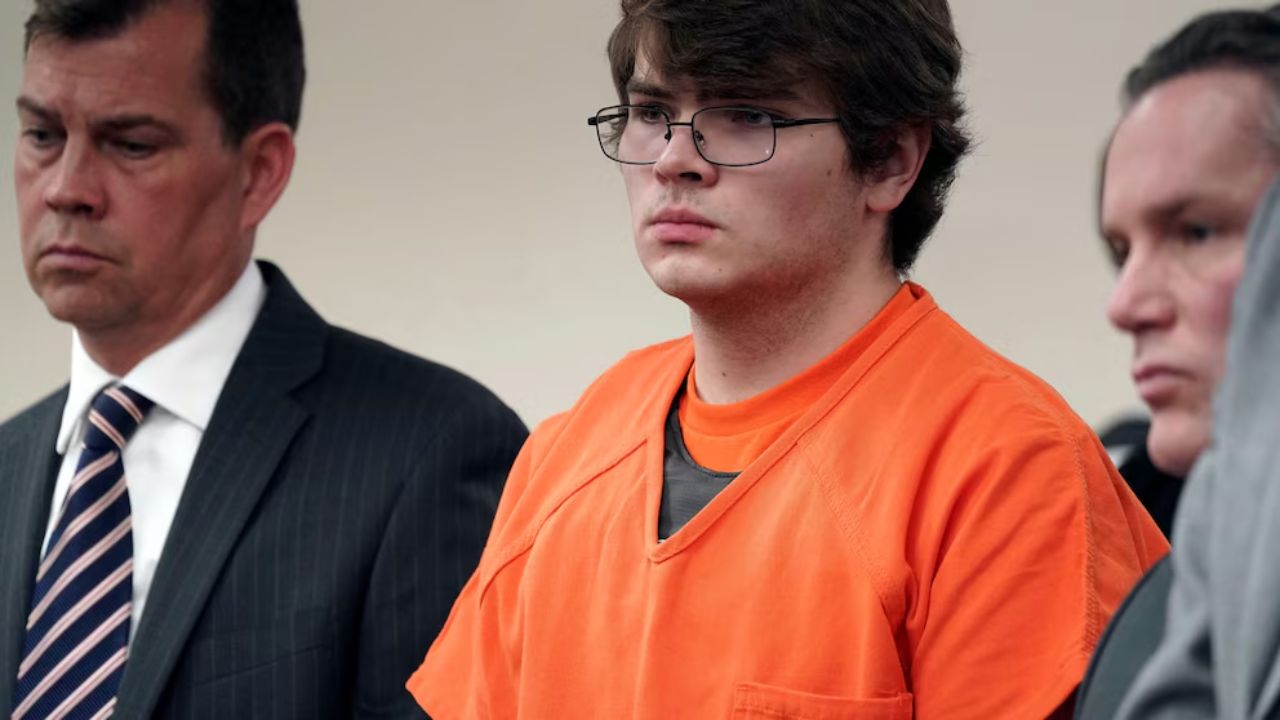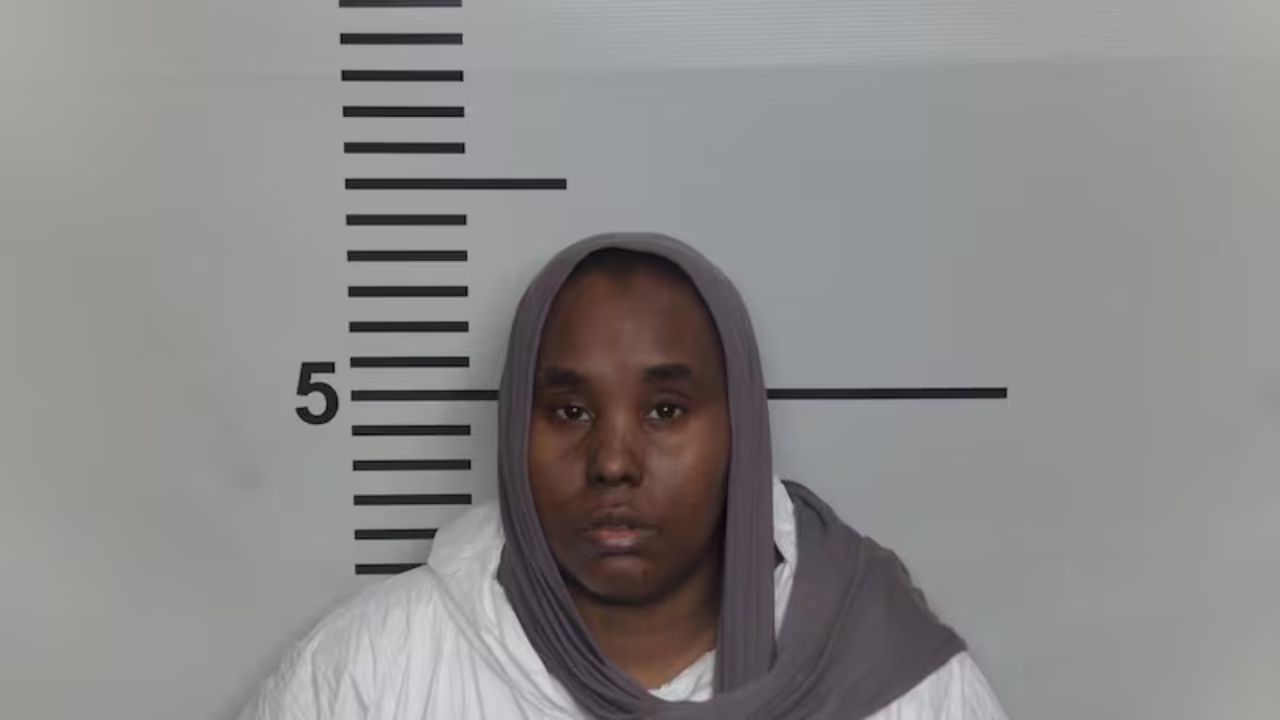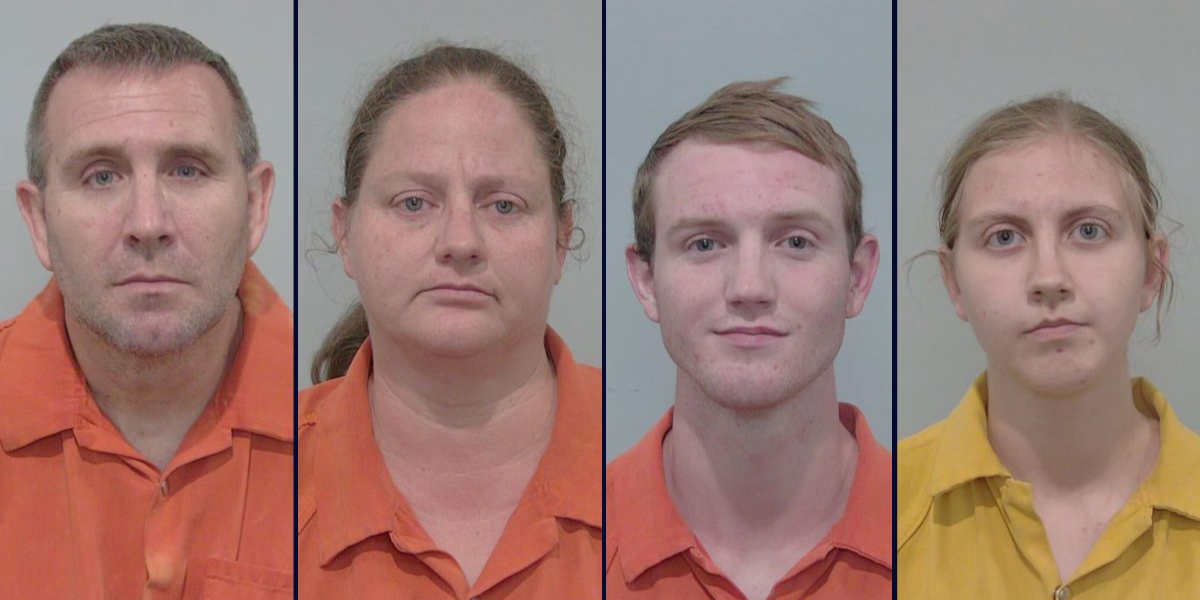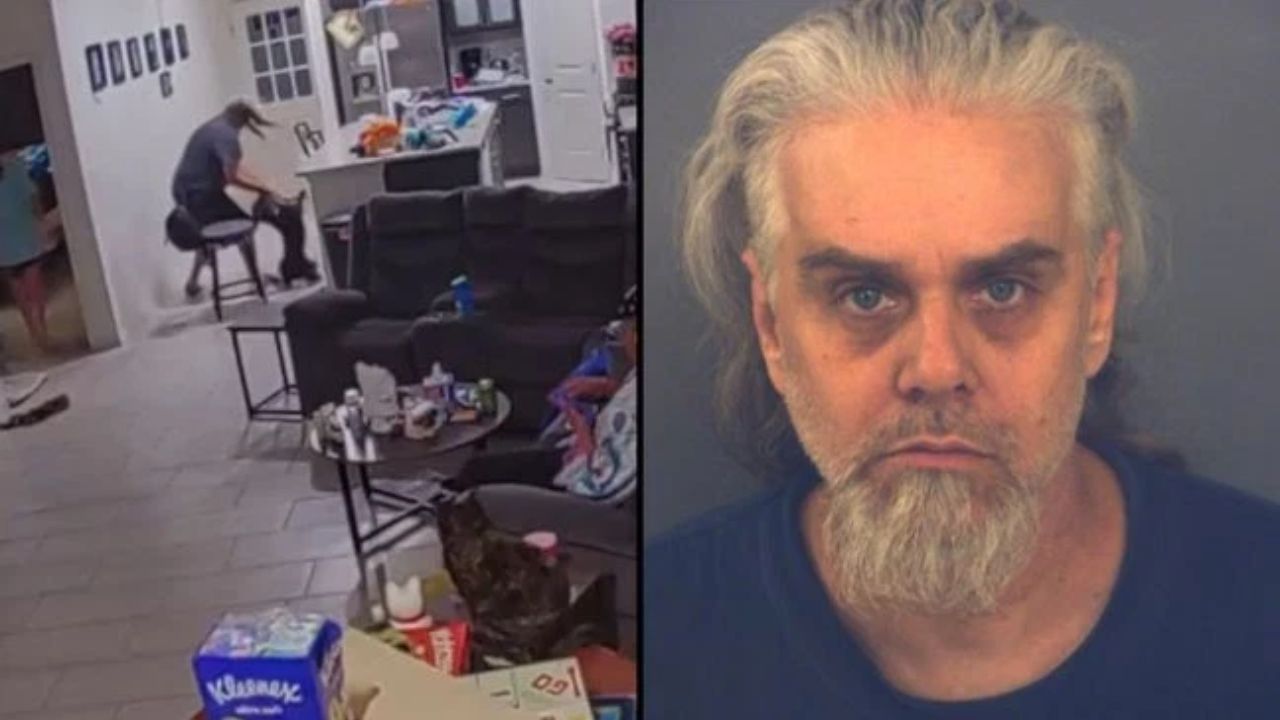Buffalo, NY – Attorneys for Payton Gendron, the white supremacist who killed 10 Black people in a Buffalo supermarket shooting in 2022, argued in court Thursday that the federal charges against him should be dismissed. They claimed his constitutional rights were violated due to underrepresentation of Black and minority groups on the grand jury that indicted him.
Grand Jury Composition Questioned in Hate Crime Case
During a hearing before U.S. District Judge Lawrence Vilardo, Gendron’s lawyers argued that the grand jury did not reflect a cross section of the community, as it lacked adequate representation of Black and Hispanic individuals. Gendron, who did not attend the hearing, is facing federal hate crime and weapons charges after the deadly shooting at a Tops supermarket in Buffalo, which targeted the store’s location in a primarily Black neighborhood. The shooting left 10 people dead, with victims ranging from 32 to 86 years old, and 3 others wounded.
AP News reported that Gendron’s lawyers challenged the jury selection process, claiming systemic issues in the Buffalo area that led to underrepresentation of certain groups.
Gendron Faces Death Penalty if Convicted
If convicted on the federal charges, Gendron could face the death penalty, as the U.S. Justice Department has stated it will seek capital punishment if he is found guilty. However, his lawyers argue that his age at the time of the shooting—18 years old—should exempt him from the death penalty, citing developmental factors in the brain at that age.
Gendron, who is already serving a life sentence without the possibility of parole for state charges, pleaded guilty in November 2022 to multiple charges, including murder. His upcoming trial on federal charges is scheduled for next year.
Courtroom Debate Over Jury Representation
The defense’s argument centers on systematic underrepresentation, with Assistant Public Defender Sonya Zoghlin alleging that Black and Hispanic people, as well as men, are significantly underrepresented in the grand jury pool from which jurors are selected. They also cited issues with how the lists for jury selection were compiled, claiming that data sources used by the vendor were improperly handled.
“We don’t know what the vendor did,” Zoghlin said, pointing to gaps in the jury selection process.
Assistant U.S. Attorney Caitlin Higgins countered by stating that the federal law governing jury selection doesn’t require perfect representation and that any disparities were not systematic. Judge Vilardo asked if the lack of diversity on the panel could be a result of accident, rather than intentional exclusion.
Challenges to Jury Selection and Death Penalty Motion Pending
While the judge has not yet ruled on the motion to dismiss the charges, the challenge to the death penalty is still pending. Gendron’s lawyers argue that he should be exempt from capital punishment due to his age at the time of the shooting and the brain development of an 18-year-old.
The case continues to unfold, with Gendron’s defense team focusing on jury representation and death penalty exemptions.
What are your thoughts on jury diversity in high-profile cases like this? Let us know in the comments below.




